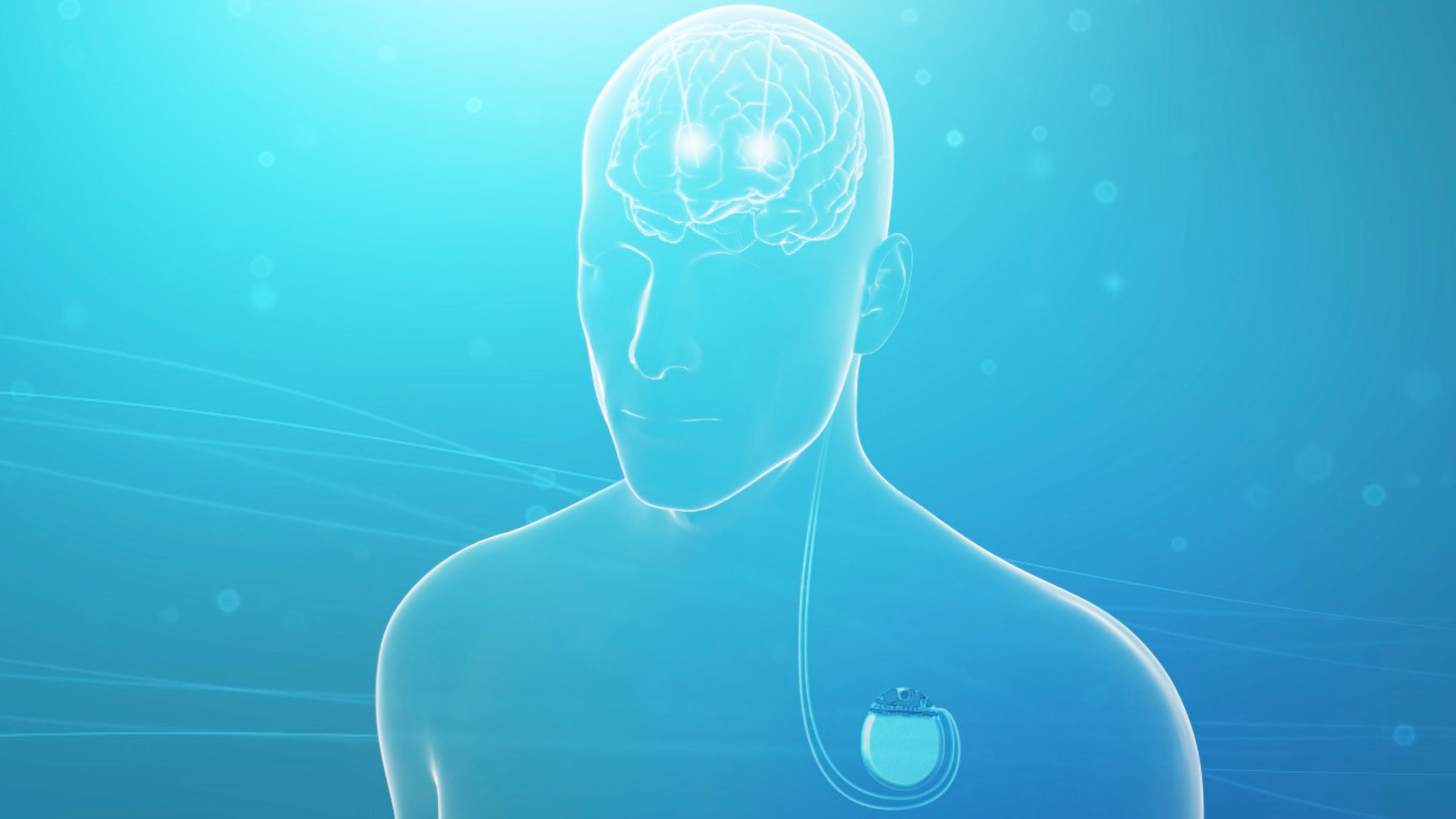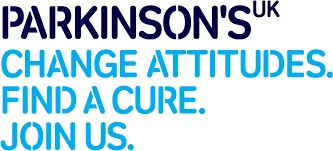What is Parkinson’s Disease?
Parkinson’s is a movement disorder that affects approximately 145,000 people in the UK and over 10 million people worldwide.
What causes Parkinson’s disease?
Even though Parkinson’s was first described over 200 years ago, its exact cause is still unknown. A few studies suggest that it may be genetic, but only about 15 percent of people with Parkinson’s have a family history of it. Most scientists believe that it’s caused by a complex combination of genetic and environmental factors.
Parkinson’s symptoms
Motor symptoms can make the activities of everyday life challenging.
Non-motor symptoms: Even though Parkinson’s is a movement disorder, the non-motor symptoms can have just as a big impact on your quality of life.
Treatments for Parkinson’s Disease
Medicine
- Every person living with Parkinson’s will have an individualised treatment plan.
- The optimal medicine plan varies from person to person, and your specialist hospital team can help you find the right medicine, or combination of medicines, to give you the most relief with the fewest side effects.
- Over time, as medications become less effective, doses may be increased, and new medications can be added such as levodopa or dopamine agonists and more. Levodopa is a common medicine used for Parkinson’s, and you must have trialled Levodopa before being considered for DBS.1
Exercise
- While exercise can’t treat Parkinson’s disease, it has been shown to slow the decline. In a 10,000 patient clinical trial, at least two and a half hours of physical activity each week – including strength, flexibility and aerobic exercise has been shown to prolong better quality of life.
- To be accepted for DBS surgery, your specialist team will advise you to be aerobically fit as you can be.
Surgery
- Deep Brain Stimulation (DBS) is a surgical procedure designed to help control motor symptoms while allowing for a reduction in medication. DBS uses a device similar in size and shape to a cardiac pacemaker. It sends signals to your brain to help control the symptoms of movement disorders. Your surgeon will place one or two wires called ‘leads’ in the brain.
- The leads are then connected to the stimulator and the stimulator is placed under the skin in the chest or in the abdomen. Paediatric patients often will have the stimulator inserted in the abdomen. When the stimulator is turned on, it produces mild electrical impulses that stimulate a specific target within the brain.
- The stimulation may help regulate the incorrect signaling in the brain, improving some of the symptoms of movement disorders. For many people, daily activities which had been impossible to perform previously could become feasible again.
Discover how Deep Brain Stimulation therapy works
- Always speak to your clinician to see if this could be a treatment for you.
- To be accepted for DBS surgery, your specialist team will advise you to be aerobically fit as you can be.
Deep Brain Stimulation for Parkinson’s
Am I a good candidate?
DBS Window of Opportunity
However, every individual is unique. You should discuss with your movement disorder specialist’s team with whom you work closely with whether DBS is a suitable therapy option for you.
If you want to be considered for DBS consult your Neurologist and asked to be referred to a specialist neurologist, geriatrician or to the specialist implanting neurosurgeon, who has an interest or is an expert in the area of movement disorders.
After you have been referred, you must undergo a detailed selection process. If approved, you will be put on a DBS surgical waiting list.
Where to find help for your Parkinson’s
In the past 50 years there have been discoveries that have revolutionised our understanding of Parkinson’s and the brain. There are several trials happening to either slow the progression of Parkinson’s, stop Parkinson’s and even potentially reverse Parkinson’s. Keep up to date with all the research and resources going on to support the cure for Parkinson’s here.
To increase awareness and understanding, Boston Scientific actively participates in community education and builds strong relationships with the local Parkinson’s community.
In 1969, Parkinson’s UK was founded in a one-room office in Putney, London. One of their major goals is work together to improve life for everyone living with Parkinson’s in the UK and to bring forward better treatments and a cure.
1. Parkinson’s UK site. Parkinson’s drugs. Accessed July 2022. https://www.parkinsons.org.uk/information-and-support/parkinsons-drugs
This material is for informational Purposes only and not meant for medical diagnosis. This information does not constitute medical or legal advice, and Boston Scientific makes no representation regarding the medical benefits included in this information. Boston Scientific strongly recommends that you consult with your physician on all matters pertaining to your health.
CAUTION: The law restricts these devices to sale by or on the order of a physician. Indications, contraindications, warnings, and instructions for use can be found in the product labelling supplied with each device or at www.IFU-BSCI.com. Products shown for INFORMATION purposes only and may not be approved or for sale in certain countries. This material not intended for use in France.







